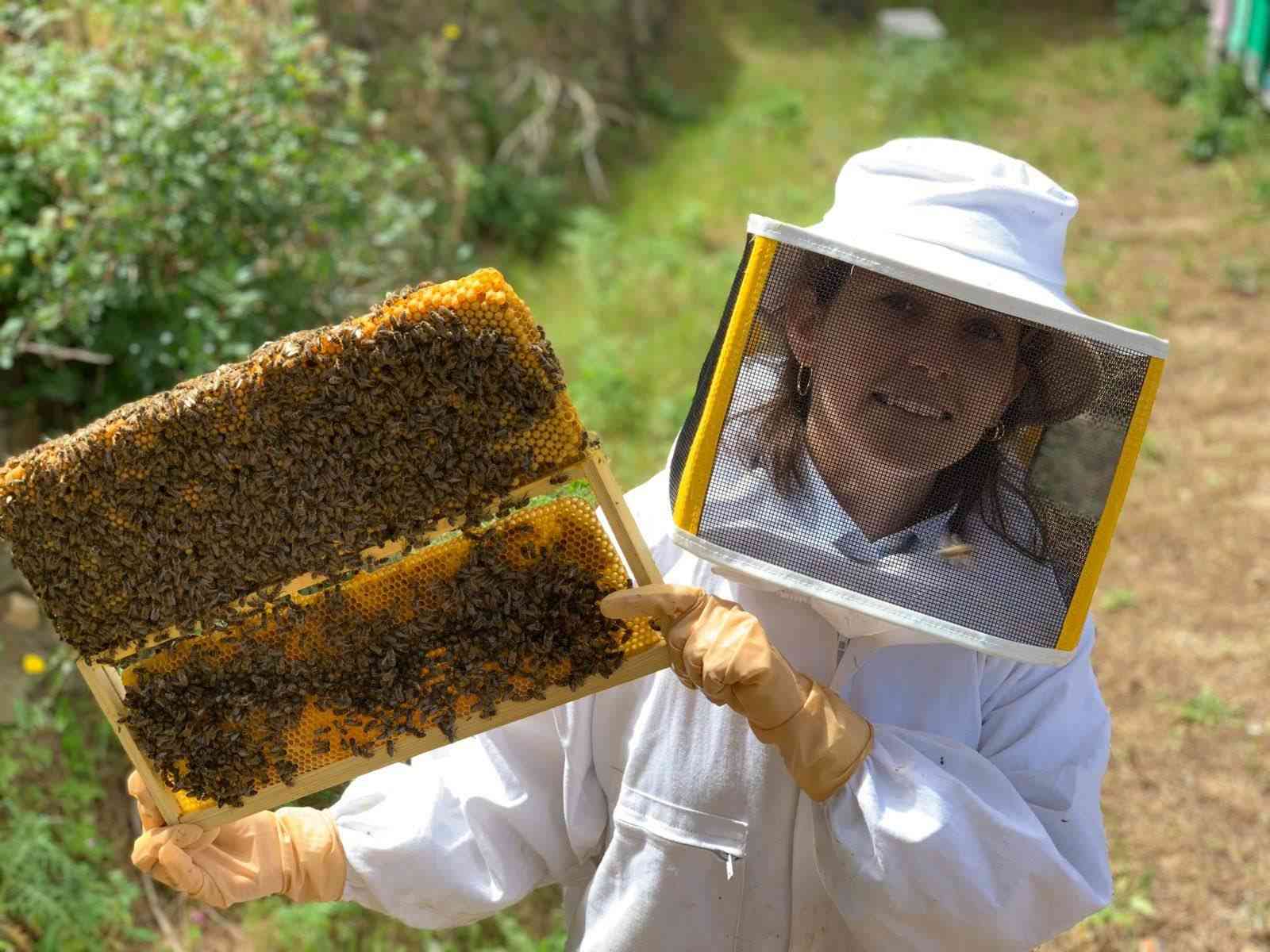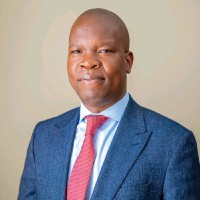
TRAILBLAZING 14-year-old, Ruvarashe Musendo, is defying gender norms and making a name for herself in a traditionally male-dominated field, beekeeping.
Hailing from the Mashonganyika Village, located in Ward 29 of the Chikomba district, Mashonaland East Province, Musendo is proving that age and gender are no barriers to success in this sweet endeavour.
With the support of African Women in Animal Resources Farming and Agribusiness Network (AWARFA-N), Musendo is not only learning the art of beekeeping but also inspiring other young girls to join too.
Her journey in beekeeping began with a training program organized by AWARFA-N last year.
“The programme is good because it gives us the opportunity to be busy doing something rather than thinking of getting married at a very young age because of lack of exposure. We will be busy working and making our own money as a girl-child,” the 14-year-old said, in an interview with AWARFA-N.
“I am actually going to school and at the same time coming home to look after the bees. And, with the guidance of Zimtrade on this project, I know I am going far.”
What inspired Musendo to choose beekeeping as a form of livelihood and sustenance was her desire to improve her and her community’s fortunes.
Thus, the teenager trained hard, accepted the guidance, and is now not only a skilled beekeeper but also an advocate for women’s empowerment in agriculture.
- Mavhunga puts DeMbare into Chibuku quarterfinals
- Bulls to charge into Zimbabwe gold stocks
- Ndiraya concerned as goals dry up
- Letters: How solar power is transforming African farms
Keep Reading
According to the Zimbabwe National Statistics Agency, as of the end of last year, the labour force participation rate for women was low in the Mashonaland East Province, at 38,7% against men at 63,9%.
Of the 1 300 524 women recorded to have been employed nationally by the end of last year, only 12% came from the Mashonaland East Province.
“Labour force participation rate refers to the proportion of the working age population that is in the labour force,” Zimstat said, in its 2023 Labour Force Fourth Quarter report.
Nationally, the labour force participation rate for women stood at 36,3%, against men at 58%.
AWARFA-N was launched in Zimbabwe in 2021, which at the time was the third country where the network launched in Africa after Ghana and Zambia.
The organisation was established in July 2019 when 70 women from 32 member states of the African Union, under the auspices of the African Union – Inter-African Bureau for Animal Resources (AU-IBAR) flagship Live2Africa Project, came together.
The goal of the network is to increase the participation of women in animal resource farming.
AWARFA-N Zimbabwe chairperson Jacqueline Gowe said she was passionate about empowering women in agriculture and recognized the importance of bees in food production.
“Since our inception in 2018, we have tried to encourage our women to participate in beekeeping because of the importance of bees in our food production and even for fodder production,” Gowe said.
“So, the awareness (campaign) that women ran today started off with a march from the central business district into a park where we have exhibited quite a number of fodder as well as honey value chain products.
“And we have had visitors from across the chain, be it children, mothers, you know, the elderly, wishing to learn more about hives and bees and the importance of bees in the ecosystem.”
She said they also had seen a huge increase in terms of production and quality of blueberries in recent years through the network’s program.
“I will give an example of one farm where we are now harvesting 2 tonnes versus 1,4 tonnes a year ago with the introduction of cross pollination with AU-IBAR, the RAFFS project to do fodder,” Gowe said.
On Musendo’s success, Gowe said:
“Her age mates have been inspired, and they are looking forward to starting a youth project with her.
“Ruvarashe’s success has inspired other young girls to join the beekeeping programme, and she is now mentoring them to become skilled beekeepers.”
She said that Musendo’s dream was to start a youth project to empower more young people, especially girls, to take up beekeeping and improve their livelihoods.
“AWARFA is very important to us because it's bringing like-minded women together, and we are looking for ways to help each other.
“So, where someone has been weak, you find a strong person to lean upon,” Gowe said.
“We do simple things like our meetings. We allow mothers with babies to come with their babies.
“So even, grandmothers with grandchildren, they can come so we are very informal, and we want to help everyone, regardless of their situation.”










